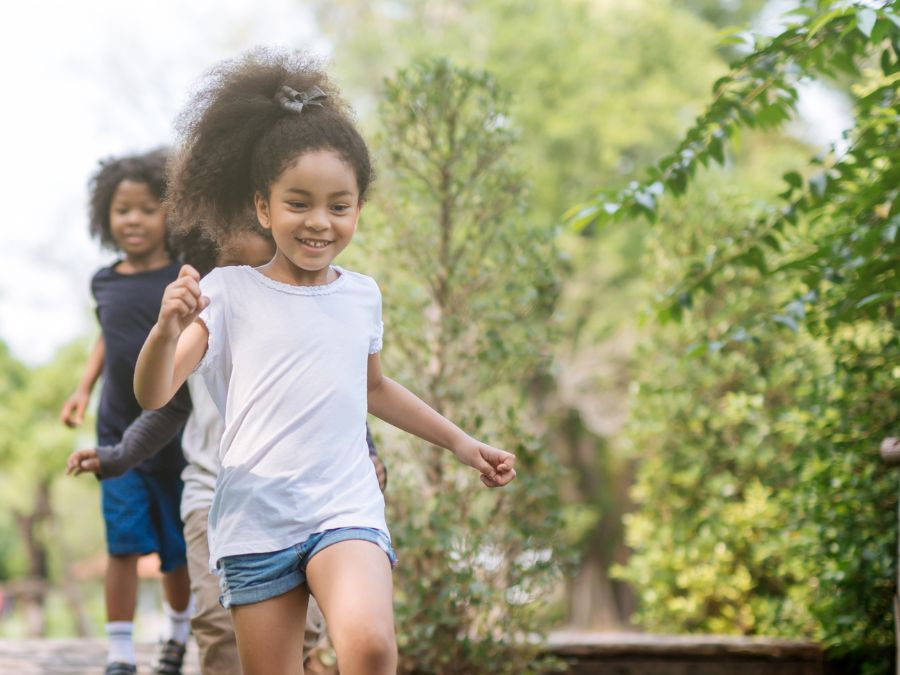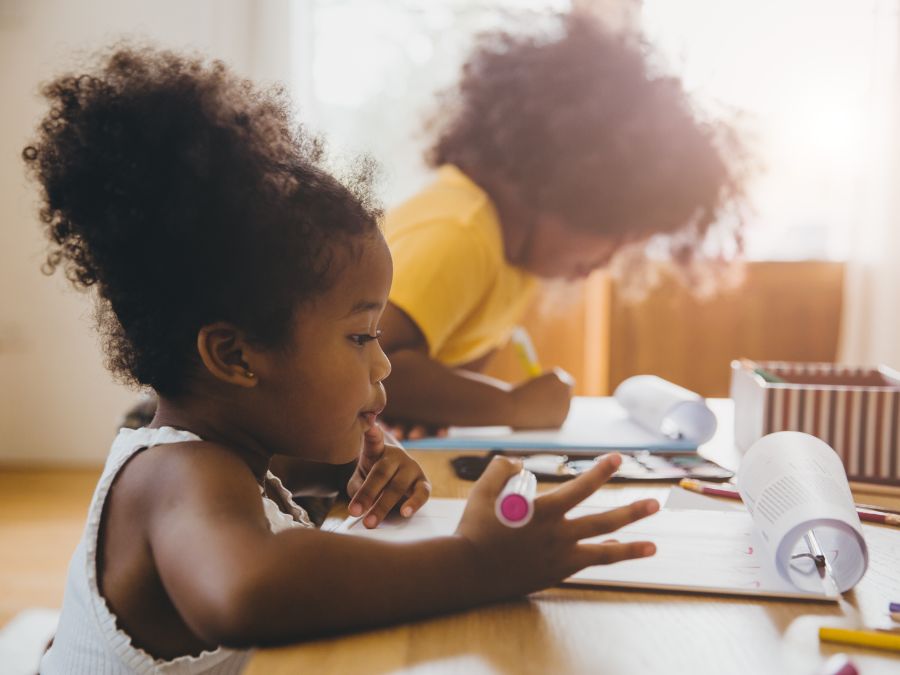
May is Children’s Mental Health Awareness Month, and the HOPE framework is one of many ways to amplify the importance of lifelong mental health. The HOPE National Resource Center continues to share the HOPE framework around the country and globe to promote positive childhood experiences, which lead to improved mental health for all children. The HOPE framework works to identify family strengths and sources of positive experiences. HOPE promotes a shift in services and care from focusing on the negative aspects of a child’s life to exploring what is going well and seeing the child and their family for all of their experiences, not just their adversities. Recently, we learned from a study done in Australia, “Measuring Positive Childhood Experiences: Testing the Structural and Predictive Validity of the Health Outcomes from Positive Experiences (HOPE) Framework” that PCEs in early childhood promote positive mental health in older youth.
This study looked at four categories of PCEs based on questions from the Longitudinal Study of Australian Children (LSAC). Specifically, the research looked at the Four Building Blocks of HOPE through positive parenting, trusting and supportive relationships, supportive neighborhood and home learning environments, and social engagement and enjoyment. The results from this study showed that each type of PCE led to fewer mental health problems later on when they reached 14 and 15 years old.
PCEs are a driving force behind child mental health, and the study re-emphasizes how important it is for service providers to assess for PCEs when meeting with a child and family. Even if a child appears to have experienced low adversity, it is still important to understand what is going well for them. Research shows that PCEs can heal and promote positive mental health effects. Knowing that these effects can take place before adulthood helps us to better understand the important role that adults play in children’s lives. The HOPE National Resource Center works to teach adults about the power of positive experiences and support their work to lessen the barriers to the Four Building Blocks of HOPE, particularly because the Pandemic took a heavy toll on youth mental health.
Read the article “Measuring Positive Childhood Experiences: Testing the Structural and Predictive Validity of the Health Outcomes from Positive Experiences (HOPE) Framework” to learn about this study and how PCEs impact mental health.


